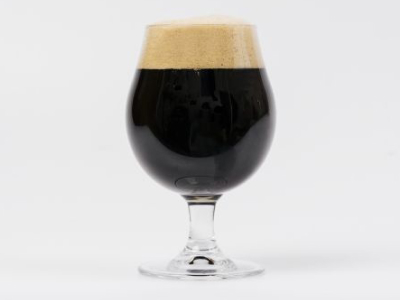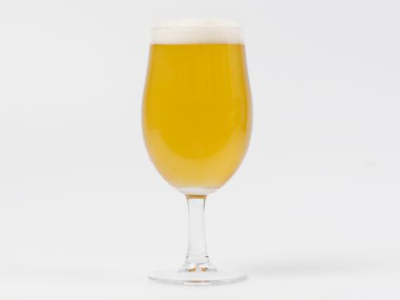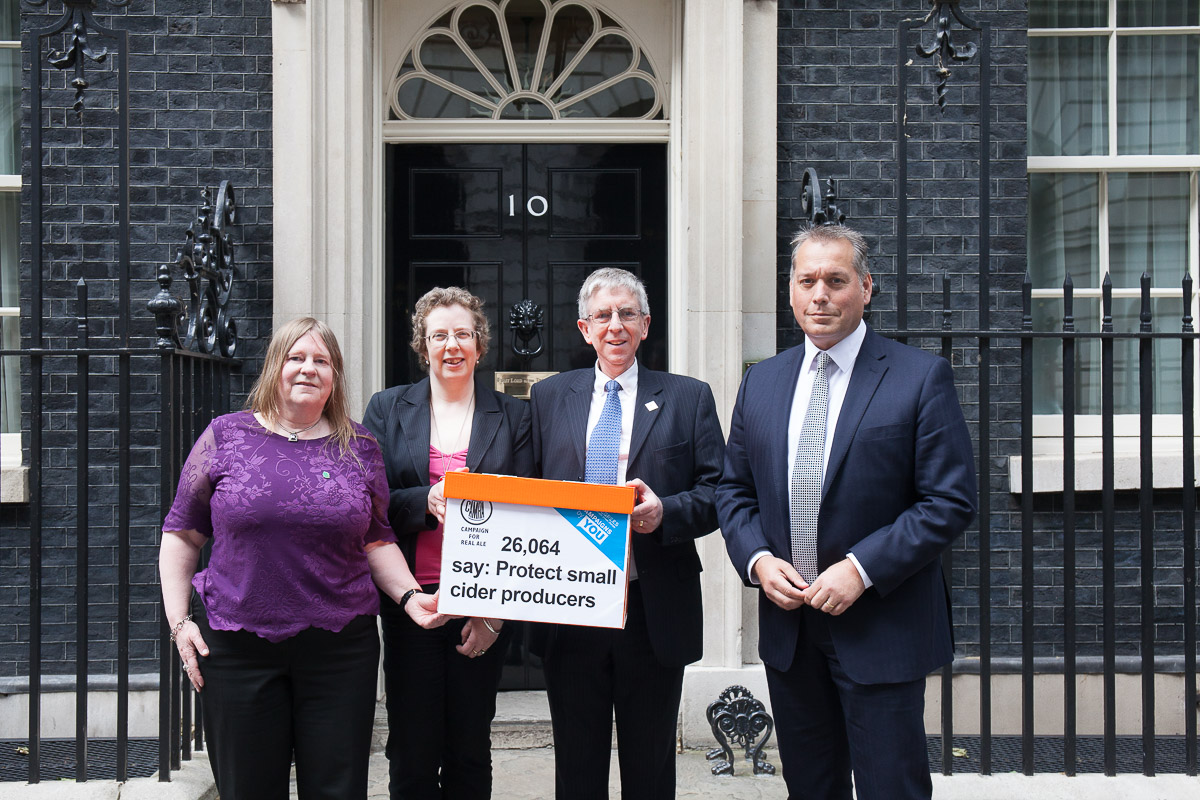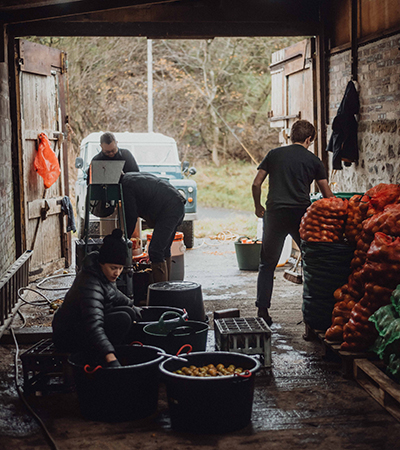The detail
Cider producers used to receive a tax exemption, so that the smallest businesses paid no tax at all. A key problem with this system was that once a cider maker produced more than 7000L of cider a year, they had to pay the full amount of tax on everything they produced. This sudden tax bill made it hard for small producers to grow their businesses.
The great news is that the Government has agreed to expand the exemption for small cider makers into a progressive duty scheme. The smallest producers will still pay no tax, but as businesses grow, the rate of tax owed will now increase slowly and in line with the amount of cider they make. This will help the smallest producers compete with the largest brands, giving consumers a wider choice of ciders and perries at the bar.
This new system will require all cider makers to register with HMRC, not just those large enough to pay cider duty. CAMRA will be keeping a close eye on how this is scheme implemented to make sure that the smallest makers aren’t overburdened.
Did you know…
In a YouGov survey commissioned by CAMRA, almost two thirds (62%) of respondents believed the minimum juice content of cider for tax purposes should be higher than 35%
When asked about labelling in the same survey, 84% of respondents rated including percentage juice content as ‘important’.
93% of people think that the preservation of traditional orchards is important – with 87% specifically supporting raising the minimum juice content of cider to help halt the decline of orchards.
Around 80% of Britain’s cider makers are currently small producers – over 450!
More resources
Browse the links to learn more about how CAMRA promotes real cider and perry, or head to our Learn & Discover platform to find everything you need to become a cider expert.





















